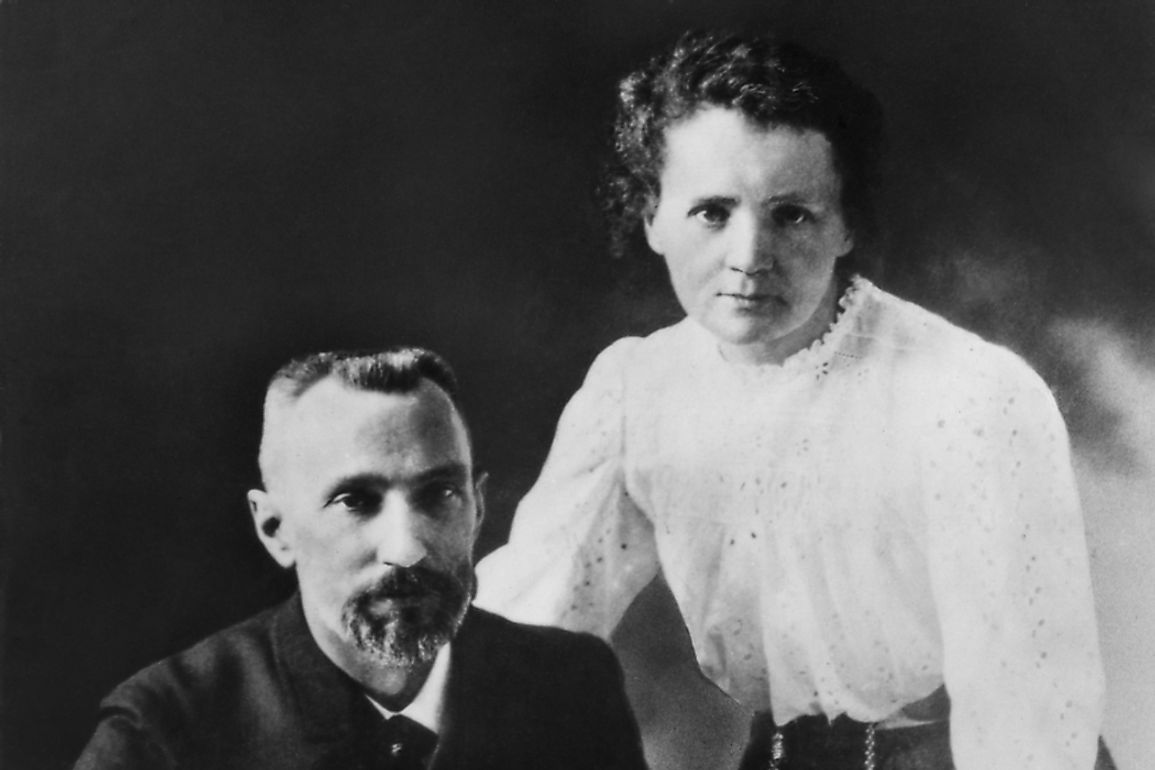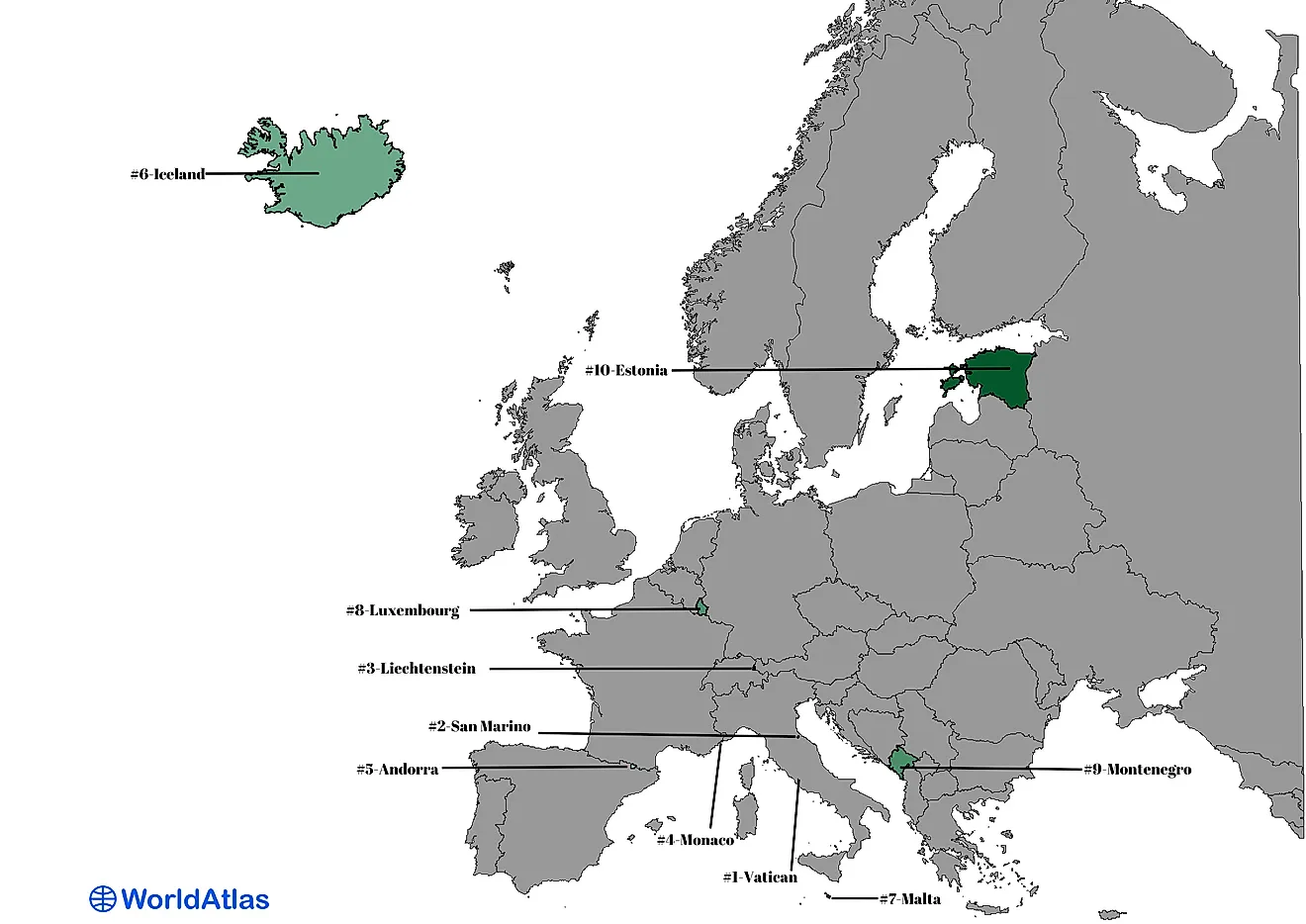Nobel Prize Winners By Country

The Nobel Prize is the most distinguished and coveted global honour. First awarded in 1901, it has recognized individuals and groups from over 30 countries or territories. In the 104 years of its existence, the Nobel Prize has been awarded to close to 1,000 laureates. The Nobel Laureates can be groups or individuals. There have even been multiple time nominees and awards. The highest number of recognitions has been given to the International Committee of the Red Cross. It has received the Peace prize three times in history.
History of the Nobel Prize
The Nobel Prize was created through the final will of Alfred Nobel, an accomplished Swedish inventor. Although Nobel’s will was read after his death in 1895, it was highly controversial and took six years before the awards came into being. The Nobel Prize recognizes significant contributions to the advancement of various aspects of culture, science and academics. In Alfred Nobel’s will, he dictated that the interest from his estate fund will be awarded to those recognized in Physics, Chemistry, Literature, Medicine and Peace. In 1968, a further category of Economics was introduced after the Central Bank of Sweden made a donation to the Nobel Foundation.
The first multiple recipient of the Nobel Prize was Marie Curie, a Polish-born and naturalized-French physicist and chemist famous for her work on radiation. Curie’s awards were also unique because she received the prizes in two different categories. In 1903, Marie Curie, alongside her husband and another physicist were awarded the Nobel Prize in Physics. This was in recognition of their achievements in studying the radioactive behavior of elements and successfully isolating isotopes. She repeated the feat in 1911 by winning the prize in Chemistry after isolating pure radium. The Curie family in total has had five Nobel Laurates.
Nobel Prize Winners By Country
The United States is the highest Nobel prize winning country, with a total of 383 winners. The majority of these prizes have been in the Nobel Prize for Physics. It is commonly thought that the access to improving technology has led to this accomplishment in the US. As a matter of fact, the only category of Nobel Prizes in which the North American country doesn’t lead is the Nobel Prize for Literature. France has the highest number of recipients for the Nobel Prize for Literature, with 16 Laureates.
Famous Nobel Prize Winnners
The Nobel Peace Prize is usually seen as the most coveted prize for both individuals and organizations. It also has a reputation of throwing surprises in the annual event. In the early years up to the Second World War, the Nobel Peace Prize was always awarded to diplomatic mediators and anti-war activists. However, as the 20th Century progressed, the type of nominee and Laureates diversified to works done in other humanitarian ventures. An example of a distinctive Nobel Peace Laureate is Muhammad Yunus of Bangladesh. He believes that economically empowering rural women will help to eliminate the poverty experienced in his country.
Perhaps the most famous Nobel Peace Prize Laureate was Nelson Mandela, the first president of post-apartheid South Africa. He jointly received the 1993 Peace award with Frederik de Klerk for their efforts in ending apartheid in South Africa. The anti-apartheid efforts in South Africa had earlier seen Reverend Desmond Tutu being awarded the same recognition in 1984.
Nobel Prize Winners By Country
| Rank | Country | Nobel Laureates |
|---|---|---|
| 1 | United States | 383 |
| 2 | United Kingdom | 132 |
| 3 | Germany | 108 |
| 4 | France | 68 |
| 5 | Sweden | 32 |
| 6 | Russia/ Soviet Union | 31 |
| 7 | Switzerland | 28 |
| 8 | Japan | 28 |
| 9 | Canada | 27 |
| 10 | Austria | 22 |
| 11 | Netherlands | 21 |
| 12 | Italy | 20 |
| 13 | Poland | 19 |
| 14 | Denmark | 13 |
| 15 | Hungary | 13 |
| 16 | Norway | 13 |
| 17 | India | 12 |
| 18 | Australia | 12 |
| 19 | Israel | 12 |
| 20 | Belgium | 11 |
| 21 | Ireland | 11 |
| 22 | South Africa | 10 |
| 23 | Spain | 8 |
| 24 | Czech Republic | 6 |
| 25 | Ukraine | 6 |
| 26 | China | 6 |
| 27 | Argentina | 5 |
| 28 | Finland | 5 |
| 29 | Egypt | 4 |
| 30 | Romania | 4 |
| 31 | Croatia | 3 |
| 32 | Lithuania | 3 |
| 33 | Mexico | 3 |
| 34 | New Zealand | 3 |
| 35 | Algeria | 2 |
| 36 | Bangladesh | 2 |
| 37 | Belarus | 2 |
| 38 | Bosnia and Herzegovina | 2 |
| 39 | Chile | 2 |
| 40 | Colombia | 2 |
| 41 | East Timor | 2 |
| 42 | Greece | 2 |
| 43 | Guatemala | 2 |
| 44 | Liberia | 2 |
| 45 | Luxembourg | 2 |
| 46 | Pakistan | 2 |
| 47 | Portugal | 2 |
| 48 | Saint Lucia | 2 |
| 49 | Taiwan | 2 |
| 50 | Turkey | 2 |
| 51 | Azerbaijan | 1 |
| 52 | Brazil | 1 |
| 53 | Bulgaria | 1 |
| 54 | Democratic Republic of the Congo | 1 |
| 55 | Costa Rica | 1 |
| 56 | Cyprus | 1 |
| 57 | Ethiopia | 1 |
| 58 | Faroe Islands | 1 |
| 59 | Ghana | 1 |
| 60 | Hong Kong | 1 |
| 61 | Iceland | 1 |
| 62 | Iraq | 1 |
| 63 | Iran | 1 |
| 64 | Kenya | 1 |
| 65 | Latvia | 1 |
| 66 | North Macedonia | 1 |
| 67 | Morocco | 1 |
| 68 | Myanmar | 1 |
| 69 | Nigeria | 1 |
| 70 | Palestine | 1 |
| 71 | Peru | 1 |
| 72 | Slovenia | 1 |
| 73 | Korea, South | 1 |
| 74 | Tibet | 1 |
| 75 | Trinidad and Tobago | 1 |
| 76 | Tunisia | 1 |
| 77 | Venezuela | 1 |
| 78 | Vietnam | 1 |
| 79 | Yemen | 1 |











